The Internet of Things (IoT) has transformed how we live our lives. Connecting everyday objects to the internet, it has given rise to new ways for us to interact with technology – from controlling home lights to monitoring patient health – that have revolutionized how we interact with each other and with society as a whole. Here we explore some of its fascinating uses that are revolutionizing everyday life.
From home automation to smart cities, the Internet of Things (IoT) is revolutionizing how we interact with our surroundings – such as how we work, play and live. As it gains more and more traction in society at large, it is critical for individuals to comprehend its effects on our daily lives as well as its applications in society at large. By the time this article concludes, you will have gained more insight into its effects.
Internet Of Things Is Transforming Everyday Life
1. Reduced Traffic Congestion
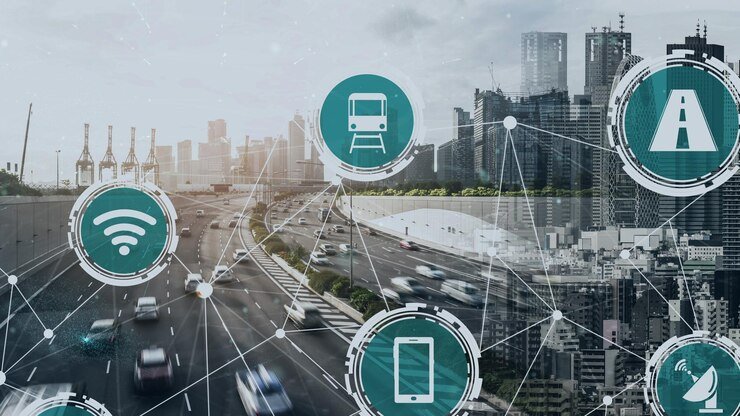
Internet of Things applications have long been utilized to reduce traffic congestion. Congestion occurs when there are too many cars on the road at once – particularly during delays or accidents – leading to gridlock. IoT makes traffic flow more efficient by connecting sensors with city’s traffic lights to monitor flow of traffic and vehicle speeds for green, yellow or red signalling lights.
So that traffic lights switch to green as soon as a car approaches, facilitating smoother traffic flow. Meanwhile, sensors can monitor road conditions and weather data and can even close roads in bad weather or when roadwork is being done – all working together to enable more seamless traffic flow.
2. Energy Consumption And Distribution Will Change

Monitoring power consumption with IoT technology is another interesting application of its potential. Doing this will allow people to use less energy, thereby helping reduce costs and pollution. Sensors attached to things such as air conditioners, refrigerators and electric heaters can track how much power these are using before transmitting this data to a centralized database for analysis by energy providers so they can make adjustments as needed.
Integrating IoT into solar panel setups enables energy companies to more accurately track how much power is produced and sent back into the grid, in addition to monitoring and regulating consumption and usage. IoT sensors attached to smart meters on homes may detect outages in neighborhoods and send a signal so their meters do not send power back out again during an outage situation.
3. Greater Food Supply
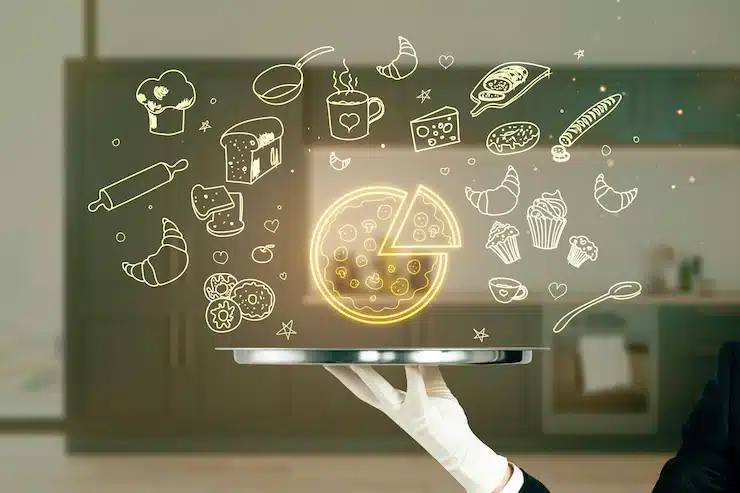
The Internet of Things can also be utilized to ensure more sustainable food supplies. Sensors attached to farms can monitor factors like soil conditions, irrigation schedules and weather; using this data farmers can make smarter decisions about planting and harvesting their crops as well as gain more insight into their crops’ performance in certain regions or neighborhoods.
Data generated from sensors placed on crops allows IoT to provide more sustainable food supplies by better forecasting food shortages and creating an efficient food supply chain, allowing people to track produce throughout its growth process and harvest.
4. The Way You Shop Will Change

The Internet of Things has enabled a more streamlined shopping experience by improving inventory tracking and simplifying the return process. First, IoT allows for optimized inventory tracking; retailers can more easily keep an eye on how much product they need and forecast sales more accurately by using this data for tracking inventory more easily. Second, retailers can take advantage of IoT to optimize return processes – giving their customers more options and making returns easier than ever!
IoT also streamlines the return process, with sensors attached to products being able to monitor wear and tear and let retailers know when something has been used or broken – making the return process simpler so customers don’t need to return their item themselves.
5. Your World Will Become Smarter
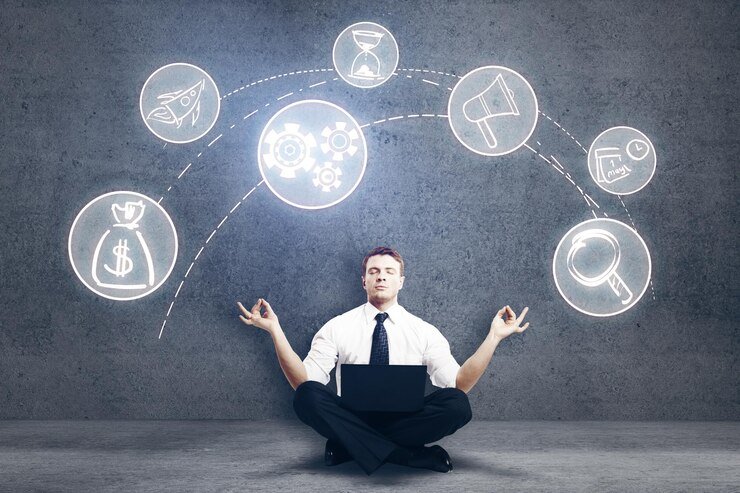
With IoT, your world can become smarter. Devices will become more autonomous, leading to increased efficiency, reduced energy usage and overall increased safety. Already being used to create smarter cities – including traffic lights, parking meters and security systems that adapt with changing circumstances to ensure efficient flow, parking availability and overall safety are ensured – smart city development has already begun using this technology for enhanced city living experiences.
Connecting your devices to the IoT will make them smarter – including home appliances, computers and wearables. In addition to making them smarter, this connection also enables remote management.
6. Greater Cybersecurity Threats
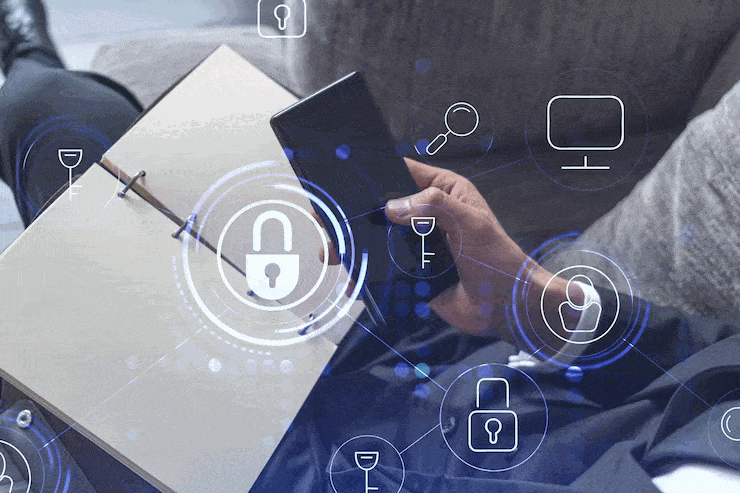
Although IoT provides many advantages, its risks cannot be overlooked. With more devices being connected to the internet comes an increased risk of cyberattacks; hackers could gain entry more easily if there were more devices connected; this risk increases exponentially when applied to smart cities due to centralized hubs for connecting IoT sensors to one network.
By connecting devices to the IoT, many people gain a false sense of security. They believe they have added protection against hackers; however, devices which don’t connect directly with the internet tend to be more secure than those connected via IoT.
7. Cutting Edge Healthcare Innovations
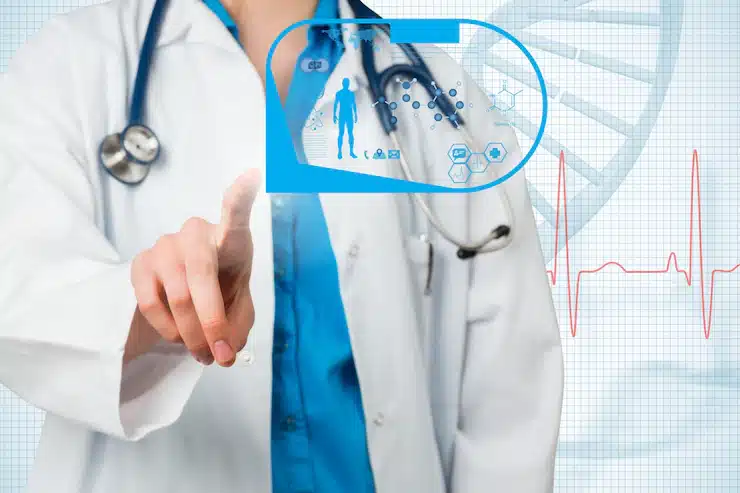
IoT technology is also revolutionizing healthcare delivery. Sensors attached to both patients and healthcare providers allow providers to optimize care and monitor progress – this may include tracking pulse rate, calories burned and steps taken by each person enrolled. Furthermore, sensors attached to medical equipment like IV drips allow for more efficient use with less frequent checks needed for maintenance purposes.
8. Cloud Computing Will Continue To Grow
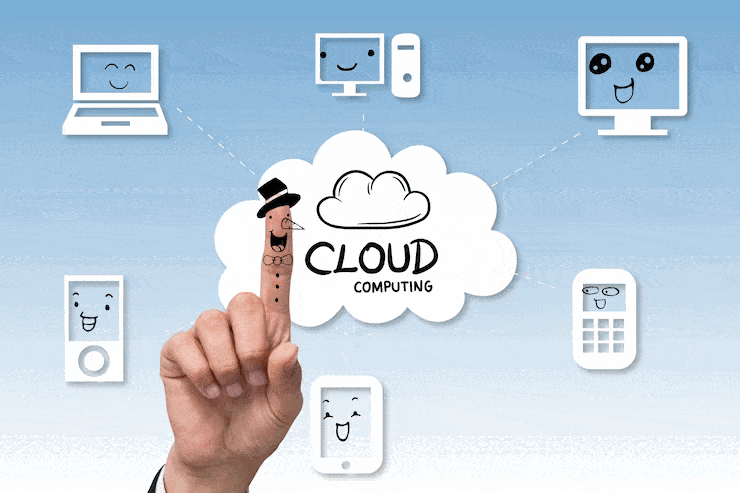
As the internet grows, cloud computing must too. The Internet of Things will only add to this trend by increasing data storage space in the cloud – connecting everyday objects to it creates new ways for us to interact with technology as well as store more of it! By linking more devices online, this data can then be utilized to optimize devices and make tasks simpler for us all.
9. The Internet Will Become Even More Interconnected
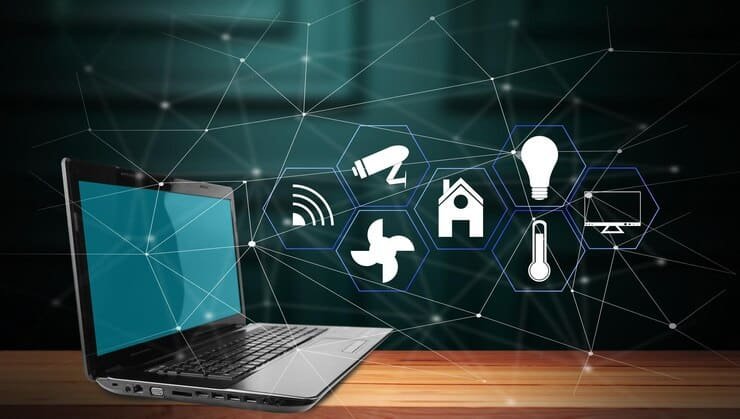
IoT technology has already transformed our lives, yet its impact is just beginning. As it becomes increasingly prevalent, it is crucial to understand its influence and impact on ourselves and those around us. After reading this article you will gain more knowledge on the effects IoT is having in your own life as well as its potential applications.
Here are just a few ways IoT is revolutionizing everyday life. As more and more devices connect through this technology, its possibilities appear limitless and exciting. As IoT gains prominence and gains attention from us all, it is essential that we understand its impact and its role in revolutionizing our world around us.
10. Smart Appliances Will Do Mundane Chores For You
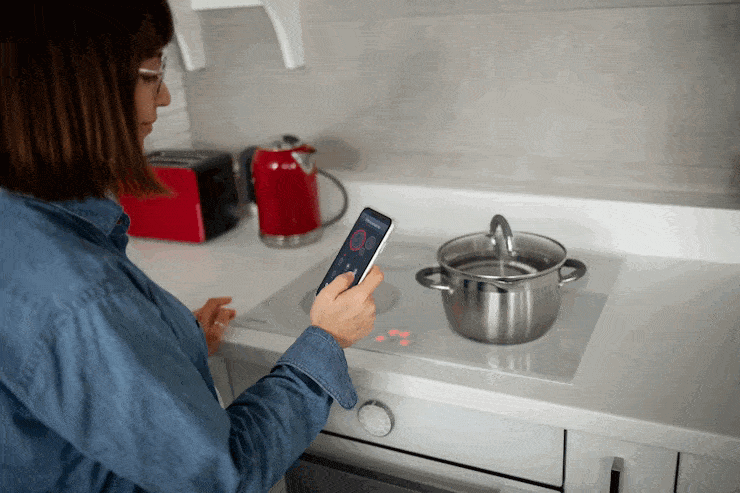
The Internet of Things is revolutionizing daily life with smart appliances that do our chores for us – such as an oven which can cook for us using recipes stored in its memory.
Smart appliances make life simpler by doing mundane chores for us and freeing us to focus on more pressing or important matters. An example would be having your oven turn off at set times or your fridge order groceries when needed, providing convenient daily life assistance – like alerting you when dinner is ready! Smart appliances take away the burden of mundane tasks so we can focus on bigger and more pressing matters.
Also Read : Top 9 Unbelievable Technologies That Define Our Modern World
